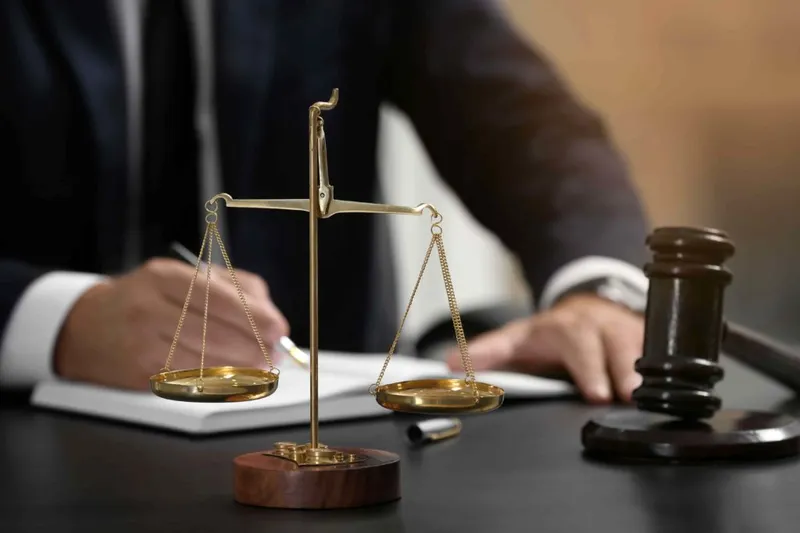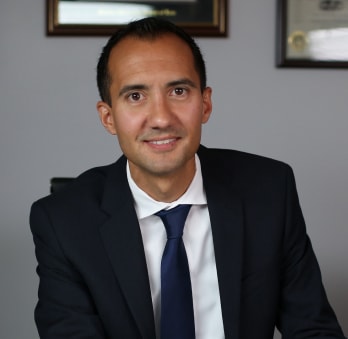
Probation is an essential component of the Minnesota criminal justice system.
As an alternative to jail, probation can help you in many facets of your life. However, being on probation requires a deep commitment.
You will need to follow the probation rules closely. If you don’t, you could face a probation violation hearing.
Even if it is your first probation violation, falling short of your commitment could lead to serious consequences, including jail or even prison.
If you have a probation violation pending, or if you think you might have violated probation, you will need the help of an experienced and dedicated criminal defense lawyer.
When a person commits their first probation violation, it typically results in a warning, unless the circumstances warrant more severe consequences. Probation officers consider various factors when assessing the situation, including the nature of the violation and whether it involves a felony or misdemeanor.
Arechigo & Stokka is a St. Paul criminal defense firm with attorneys who have decades of experience and hundreds of cases under their belts.
We can help give you the best shot at staying out of jail and successfully completing probation.
Contact our Minnesota criminal defense lawyers today to get started.
What Does the Court Expect While You Are on Probation?
When a judge places you on probation, you must abide by several rules and conditions.
You will receive an assigned probation officer when you register with probation. The court or probation officer will go over your probation conditions.
And when they do, pay attention because even one mistake may be one too many.
Probation terms can be challenging. The court could order you to:
- Report regularly to your probation officer,
- Not commit any new crimes,
- Attend counseling for mental health issues,
- Enter and complete drug or alcohol rehabilitation,
- Abstain from illicit drugs and alcohol,
- Complete a certain number of community service hours,
- Stay away from and have no contact with any victims in your case, or
- Pay restitution to the victims.
In some cases, the court might order you to wear an electronic monitoring device.
Probation Violations
Your probation officer can be your lifeline. Probation officers often have a multitude of resources to help their probationers.
Honesty is the best policy with the probation department. If you slip up, you might be able to escape a more severe penalty if you talk to your probation officer about it.
Hiding, lying, or missing appointments is likely to get you into deeper trouble. Calling an experienced Minnesota criminal defense lawyer to help you with your probation officer is wise.
Probation violations can be either a “technical violation” or a “new law violation.”
According to Minnesota Statutes § 609.14, the court can revoke your probation if you get either a technical or new law violation.
A technical violation is violating any of the administrative terms of your probation, like if you miss your probation appointment or don’t complete a class.
A new law violation means that you committed another crime.
Probation officers will have more flexibility if the person commits a technical violation.
According to Minnesota Statutes § 244.197, a probation officer can issue a summons to a probationer to a sanctions conference without going before a judge.
The probationer can choose to participate in the sanctions conference or have a judge decide the issue.
What Can Happen After Your First Probation Violation?
An allegation that you violated your probation triggers a violation hearing. If your probation officer wants to initiate violation proceedings against you, you have several rights.
These are known as your due process rights. You may also be able to cross-examine witnesses and present evidence on your behalf at the violation hearing.
All of your due process rights are important. However, you have two rights that are worth highlighting.
First, you have the right to receive a written notice of the alleged violation. Second, you have a right to have a lawyer represent you.
Choosing the right Minnesota criminal lawyer could make the difference between you going back to jail or getting your probation reinstated.
First Violation of Probation Penalty
A judge who finds a probationer in violation of probation has options. The judge can reinstate your probation with an admonishment or added conditions.
Although Minnesota law favors the judge issuing intermediate sanctions, the judge could send you to jail or prison if they find you have violated your probation—even if it’s your first violation.
If you had serious felony charges and violated by breaking the law again, the judge might send you to prison.
Misdemeanor charges and only technical violations have a greater chance of reinstatement without incarceration.
Your attorney will be able to look at your case and advise you on what will likely happen and what your best defense strategy is.
If the court finds that you did not violate the terms and conditions of your probation, then you will be released, and your probation will be reinstated.
Skilled Representation from Arechigo & Stokka Can Help You Avoid Jail After a Probation Violation
People make mistakes. However, people on probation have to be especially careful.
Call the Criminal Defense Attorney & Workers Compensation Law Offices of Arechigo & Stokka at 651-877-6986 or contact us online if you face your first probation violation.
We have over two decades of experience fighting to protect people’s freedom, just like you. Our five-star rating shows that we care about our clients and we get results.
We will work with you to give you the best possible chance of staying out of jail.



